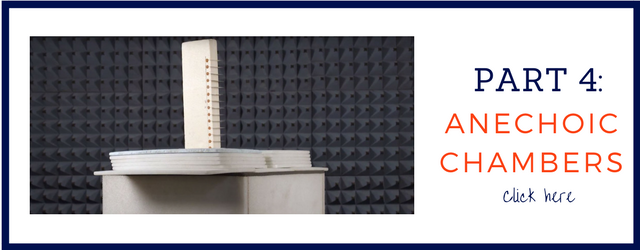Auburn RFID Lab – Part 3: RFID Portals in the Warehouse
Introduction
This is part three of a four-part series geared towards learning more about the warehouse environment and about how RFID portal systems can reduce manual labor hours of counting incoming inventory.
The RFID Lab at Auburn University is a research institute focusing on the business case and technical implementation of RFID and other emerging technologies in retail, supply chain, and manufacturing. RFID performance and quality testing has been a staple of the RFID Lab for years, and the Lab has pioneered most of the modern testing practices for RFID in retail. For more information on the RFID Lab at Auburn, click here.
[Audio Transcription Below]
Dock Doors & Warehouses
One of the earliest applications of RFID was seen in the warehousing/distribution industry. The ability to verify shipment orders without physically opening the box has the ability to save a lot of time and energy. When a shipment arrives and the pallet is brought through the dock door, the RFID pedestals are able to confirm the mix of items contained on the pallet within seconds, updating your current inventory levels and maintaining overhead visibility of all items.
For the Dock Door setup, there are 4 RFID antennas and one RFID reader. As you bring the pallet across the floor from the loading area, the antennas pick up the tags and you identify what is on the pallet within seconds.
Conclusion
If you have any questions about RFID testing comment below or contact us for more information.
For more information about Auburn’s RFID lab – stay tuned for the rest of the series or contact the lab!
To read more about the Auburn RFID lab, check out the links below!
- Jump to: Asset Tracking Hub Page (our main page dedicated to Asset Tracking), or
- Jump to: Inventory Management Hub Page(our main page dedicated to Inventory Management)
- Auburn RFID Lab – Part 4: The Anechoic Chamber
- ARC Testing & Compliance

